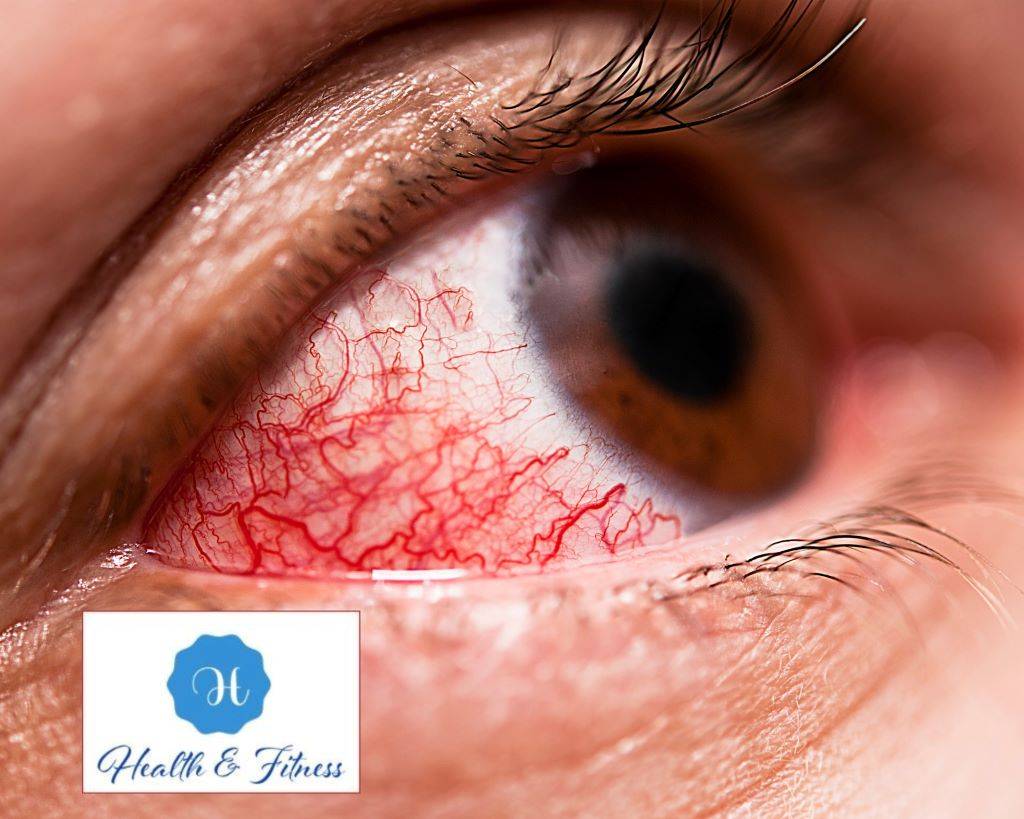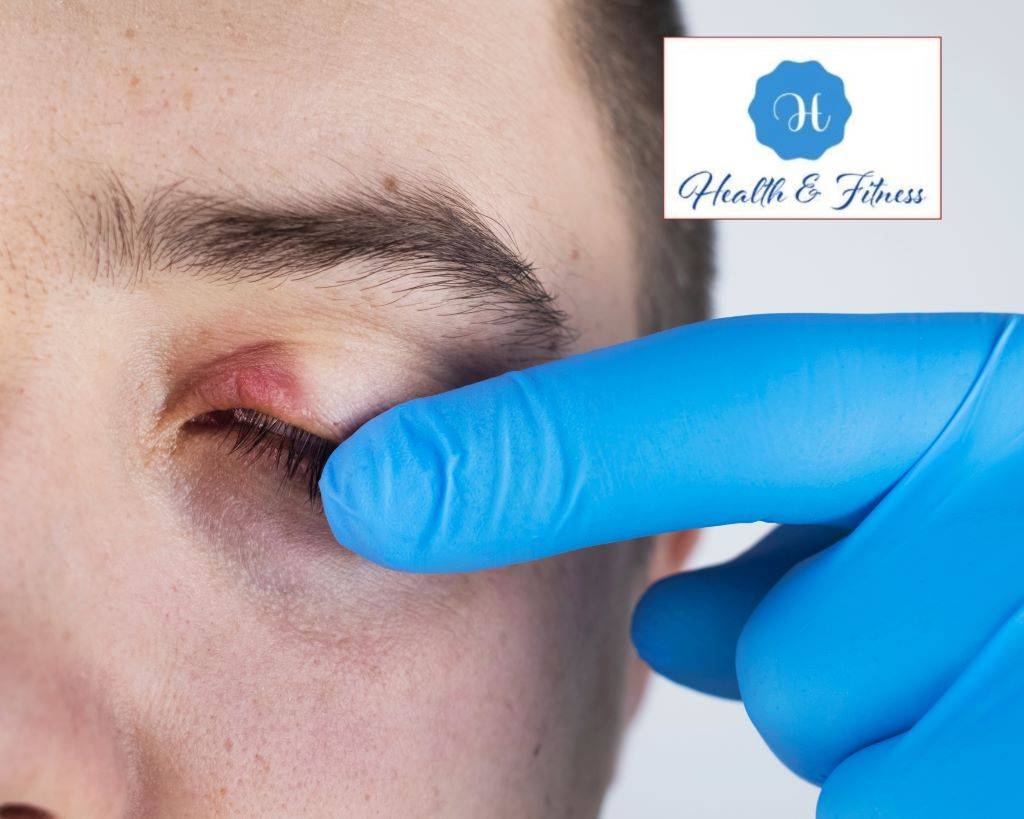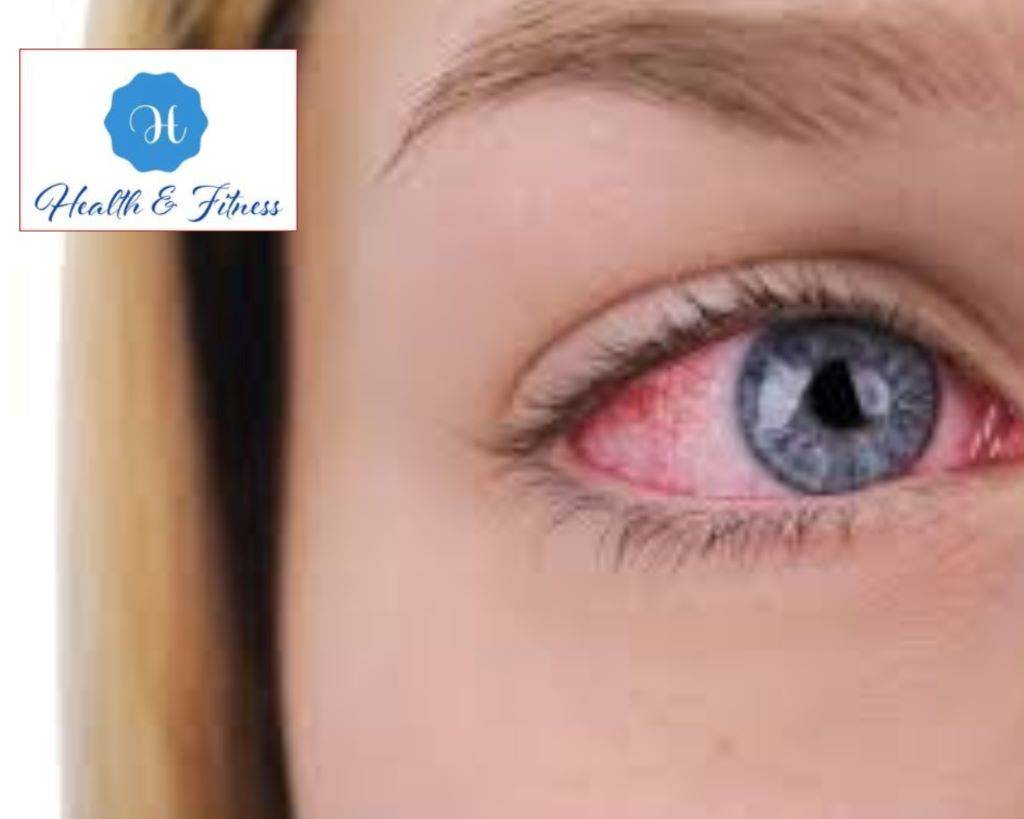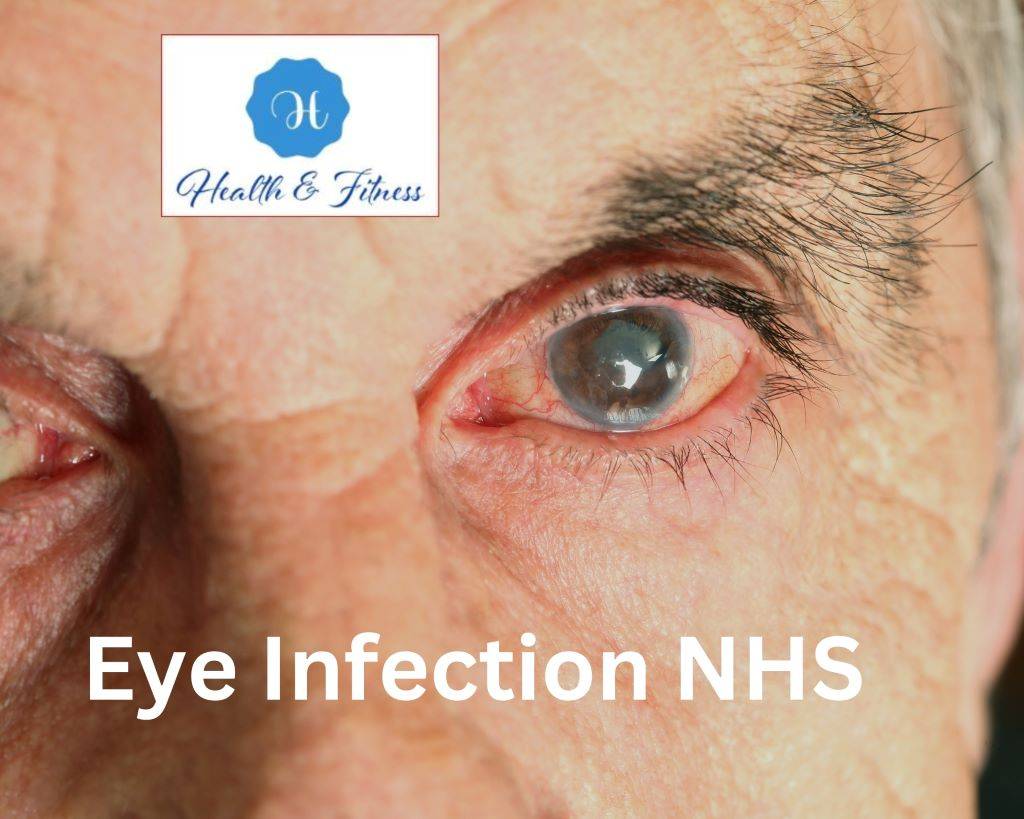Eye Infection NHS: Your Ultimate Guide to Understanding and Preventing Common Eye Problems
Explore our comprehensive guide on Eye Infection NHS – learn, prevent, and protect your eyes from common issues. Your vision is our priority.
Introduction to Eye Infection NHS
The human eye is an intricate organ that enables vibrant perception. However, like any other part of our body, our eyes can be susceptible to infections and other issues. In this comprehensive guide, we’ll explore various common eye infections, their symptoms, and how to prevent them from occurring. If you experience an eye infection, we will advise you when to seek professional help from the UK National Health Service (NHS).
Types of Eye Infections NHS
Various factors, such as bacteria, viruses, fungi, and parasites, can cause eye infections. Some of the frequently encountered eye infections include:
Conjunctivitis

Also known as “pink eye,” conjunctivitis is an inflammation of the conjunctiva, the transparent and thin membrane covering both the eye’s white part and the inner eyelid.
Bacteria, viruses, or allergens can cause this infection and it is highly contagious.
Symptoms: Redness, itchiness, a burning sensation, increased tear production; additionally, the discharge can lead to the sticking together of the eyelids.
Blepharitis

Blepharitis is an inflammation of the eyelids, often caused by bacteria or dysfunction of the oil glands at the base of the eyelashes. It can also be linked to certain skin conditions, such as rosacea or seborrheic dermatitis.
Symptoms: Red, swollen eyelids, crusty or flaky eyelashes, a burning sensation, and a gritty eye feeling.
Styes
A stye is a painful, red bump that forms at the base of an eyelash or on the eyelid, typically caused by a bacterial infection. Styes may be external (on the outside of the eyelid) or internal (on the inside).
Symptoms: Redness, swelling, tenderness, and localized pain at the site of the style.
Uveitis

Uveitis is an inflammation of the uvea, the middle layer of the eye, and can be caused by an infection, injury, or autoimmune disorder. This condition can lead to permanent vision damage if left untreated.
Symptoms: Eye pain, light sensitivity, blurred vision, redness, and floaters (dark spots or lines that appear to float across your field of vision).
Prevention Tips for Eye Infection NHS
While some eye infections may be unavoidable, there are several steps you can take to reduce your risk of developing these common eye problems:
- Practice good hygiene: Wash your hands regularly before touching your eyes or face. Keep your fingernails clean and trimmed to minimize the risk of transferring bacteria to your eyes.
- Avoid sharing personal items: Towels, makeup, and contact lenses can harbour bacteria and other infectious agents. Avoid sharing these items with others to minimize the risk of spreading infections.
- Wear protective eyewear: When swimming, using chemicals, or engaging in activities that may expose your eyes to dust or debris, wear goggles or other protective eyewear to shield your eyes from potential irritants.
- Take care of your contact lenses: If you wear contact lenses, follow your eye care professional’s guidelines for cleaning, disinfecting, and replacing your lenses. Improper care can lead to eye infections.
- Manage allergies: If you have allergies, work with your doctor to manage your symptoms and reduce your exposure to allergens, as allergies can increase your risk of developing eye infections.
- Maintain a healthy lifestyle: Eating a balanced diet, getting regular exercise, and getting enough sleep can help support your immune system, making it less likely that you’ll develop an eye infection.
When to Seek Professional Help for Eye Infection NHS
Often, eye infections can be treated with over-the-counter (OTC) medications or home remedies. However, there are sure signs that indicate you should seek professional help from an eye care specialist or the NHS:
- Severe eye pain
- Sudden loss of vision or significant changes in vision
- Intense light sensitivity
- Pus or thick discharge from the eye
- A high fever or other symptoms of a systemic infection
If you experience any of these symptoms, it’s essential to consult a healthcare professional as soon as possible. Early intervention can help prevent complications and preserve your vision.
Treatment Options for Eye Infection
The appropriate treatment for an eye infection will depend on the underlying cause of the infection.
In some cases, bacterial infections may require antibiotics in the form of eye drops, ointments, or oral medications. Viral infections may be treated with antiviral medications, while fungal or parasitic infections may necessitate antifungal or antiparasitic medications.
Alongside prescription medications, your healthcare provider may suggest over-the-counter (OTC) remedies like artificial tears or antihistamines to alleviate symptoms and provide relief. It is crucial to adhere to your healthcare provider’s recommendations and complete the entire course of treatment, even if your symptoms improve before finishing the medication.
For some eye infections, like styes, your healthcare provider may recommend warm compresses to help reduce swelling and promote healing. In rare cases, surgical intervention may be necessary to drain an abscess or remove a foreign body causing the infection.
Long-Term Care and Monitoring
After treating an eye infection, you must continue monitoring your eye health and taking steps to prevent future infections. Regular eye exams can help detect changes in your vision or eye health, and your eye care professional can provide personalized recommendations for maintaining eye health based on your needs.
Suppose you have a history of recurrent eye infections or an underlying condition that increases your risk of eye problems. In that case, your healthcare provider may recommend more frequent check-ups or additional preventive measures to help safeguard your vision.
Eye Infection NHS Recommendations
The National Health Service (NHS) in the UK provides a range of recommendations for maintaining optimal eye health, preventing eye problems, and treating common eye conditions. Here are some of the key recommendations:
1- Get regular eye exams
The NHS recommends that adults between 19 and 64 have an eye test every two years. For individuals over 65, it is advised to have an eye test annually. Children should have their eyes tested at least once before age 8, and more frequent testing is recommended if there are any concerns..
2- Protect your eyes from UV rays
Exposure to UV rays can increase the risk of cataracts and other eye problems. To protect your eyes, it is advised by the NHS to wear sunglasses that can block 99-100% of UV rays and a hat with a brim to provide shade.
3- Eat a healthy diet
A diet rich in fruits, vegetables, and omega-3 fatty acids can help maintain healthy eyes. The NHS recommends eating at least five portions daily. They also recommend consuming oily fish such as salmon, mackerel, and sardines.
4- Quit smoking
Smoking can increase the risk of cataracts, macular degeneration, and other eye problems. The NHS recommends quitting smoking to reduce the risk of these conditions.
5- Practice good hygiene
Maintaining diligent hand hygiene and refraining from touching your eyes are prudent measures to mitigate the risk of eye infections. Additionally, abstaining from sharing towels, makeup, or other personal items that may come into contact with your eyes is also recommended.
6- Take breaks from digital devices
Staring at a computer screen or other digital device for long periods can cause eye strain and other problems. The NHS recommends regular breaks to rest your eyes and reduce eye strain.
7- Treat eye problems promptly
Seek prompt treatment if you experience eye infection symptoms like redness, itching, or discharge. You should consult a healthcare provider or eye doctor for immediate attention.
The NHS offers various treatments for common eye problems, including antibiotics, surgery, and prescription eye drops. They also provide support for people with visual impairments. The NHS provides comprehensive recommendations for eye health, prevention, and treatment. Following these guidelines and seeking prompt treatment can help maintain healthy eyes and reduce the risk of eye problems.
Conclusion about Eye Infection NHS
Eye infections are a common issue that can cause discomfort, pain, and even vision loss if left untreated. By acquiring knowledge about various eye infections in NHS, their symptoms, and effective prevention methods, you can take proactive steps to maintain your eye health and reduce your risk of developing these common eye problems.
If you suspect you have an eye infection or experience any concerning symptoms, don’t hesitate to seek professional help from an eye care specialist or the NHS. Early intervention is key to preserving your vision and preventing complications. Remember, your eyes are a precious gift – take care of them, and they’ll serve you well throughout your lifetime.
Reference
- “Conjunctivitis (pink eye).” Centers for Disease Control and Prevention (CDC), www.cdc.gov/conjunctivitis/index.html. It was accessed on 31 May 2023.
- “Blepharitis.” American Academy of Ophthalmology, www.aao.org/eye-health/diseases/blepharitis-cause. Accessed 31 May 2023.



